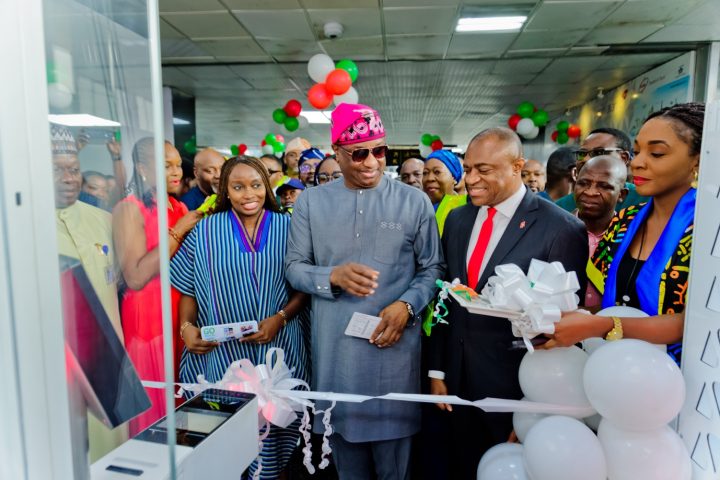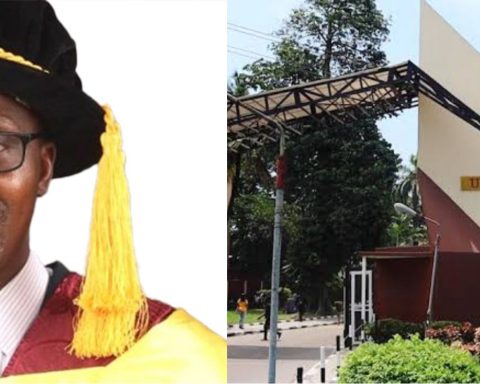Understanding the Tax Reforms
President Bola Tinubu’s transmission of four tax reform bills to the National Assembly has sparked heated debates nationwide. These bills aim to simplify Nigeria’s complex tax structure while addressing inefficiencies in tax collection. However, confusion persists among ordinary Nigerians about the implications of these reforms.
The bills include the Nigeria Tax Bill, Nigeria Tax Administration Bill, Nigeria Revenue Service Establishment Bill, and the Joint Revenue Board Establishment Bill. These reforms propose measures such as exempting small businesses from taxes, increasing the Value Added Tax (VAT) rate progressively, and automating tax collection processes.
Join our WhatsApp ChannelNigerians React to Tax Reforms
Voices of Concern
Emmanuel Okafor, a trader in Arena Market, Oshodi Lagos State, expressed worries about the VAT hike. “I understand that small businesses like mine won’t pay income taxes, but increasing VAT will still raise prices. How does this help us?” he asked.
Similarly, Joy Obinna, a teacher, questioned the exemptions for high earners. “Why should someone earning N800,000 avoid taxes while I pay VAT on basic items? It feels unfair,” she said.
READ ALSO: Ghana’s Economic Reality Check: Beyond The Tax Reforms
Adekunle Balogun, a civil servant in Lagos, viewed the reforms positively. “The idea of scrapping multiple taxes and creating a unified system makes sense. But will the government ensure proper implementation?” he wondered.
Aisha Mohammed, an entrepreneur, appreciated the business exemptions. “As a small business owner, the tax exemptions will help me grow. But I’m concerned about transparency in the system,” she remarked.
Expert Opinions on the Tax Reforms
Efficiency and Growth
Dr. Tunde Oyedele, a tax policy expert, described the reforms as transformative. “These reforms aim to modernize Nigeria’s outdated tax laws. By exempting low-income earners and small businesses, the bills promote fairness and encourage economic growth,” he explained.
Economic analyst, Chioma Eze, argued that the VAT increase could have long-term benefits. “The gradual VAT rise to 15% by 2030 aligns with global practices, ensuring funds for development projects,” she noted.
Challenges in Implementation
Dr. Bashir Yusuf, a professor of economics, highlighted potential hurdles. “Automation of tax collection is a brilliant idea, but will the government invest in the necessary technology? Without proper infrastructure, it could fail,” he cautioned.
Tax consultant Funke Adewale emphasised the need for public awareness. “People are misinterpreting these bills because they lack understanding. The government must educate citizens to build trust in the system,” she urged.
Key Highlights of the Tax Reforms
- Exemptions for Low-Income Earners: Individuals earning less than ₦800,000 annually will no longer pay income taxes.
- Support for Small Businesses: Businesses with an annual turnover of less than ₦50 million are exempt from income taxes.
- Simplified Taxation for Companies: Medium and large companies will see a reduction in corporate tax rates from 30% to 25% by 2026.
- Progressive VAT Increase: VAT will rise from 7.5% to 15% by 2030, with exemptions for basic items like food and medicine.
- Unified Tax Collection: Taxes collected by agencies such as Customs will now fall under the Nigeria Revenue Service, enhancing efficiency.
Balancing the Pros and Cons
While the reforms simplify taxation and reduce burdens on small businesses, the VAT increase and reliance on automation present challenges. Citizens fear price hikes and question the readiness of Nigeria’s tax administration infrastructure.
“Tax reforms are necessary, but they must be inclusive and transparent,” said Dr. Yusuf. He added that without proper monitoring, the reforms could lead to inefficiencies.
Meanwhile, individuals like Aisha Mohammed remain optimistic. “These reforms are not perfect, but they’re a step in the right direction,” she said.
Moving Forward
For the reforms to succeed, experts agree on the need for robust implementation strategies, public education, and continuous engagement with stakeholders. Citizens must also hold the government accountable to ensure that promised benefits, such as exemptions for low-income earners, are delivered effectively.
As Dr. Oyedele summarised, “Tax reforms are about building a sustainable future. The government and citizens must work together to achieve this goal.”
Emmanuel Ochayi is a journalist. He is a graduate of the University of Lagos, School of first choice and the nations pride. Emmanuel is keen on exploring writing angles in different areas, including Business, climate change, politics, Education, and others.


















